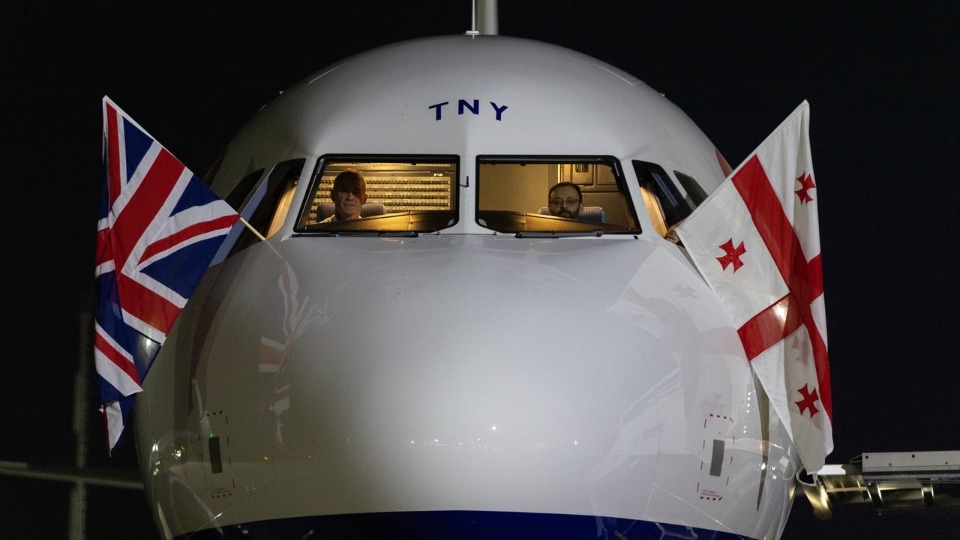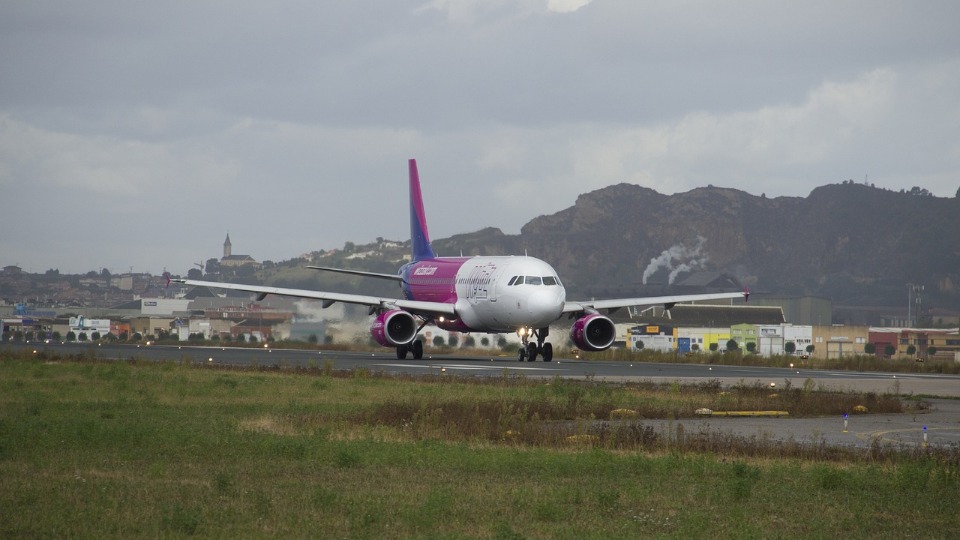
UK Rail Travellers to Experience Extended Week of Significant Disruption to Their Journeys

Rail passengers in the UK have been advised to anticipate disruptions to train services throughout the upcoming week, as train drivers engage in a seven-day industrial action.
The ASLEF union members are set to initiate a sequence of daily strikes for a week, starting Tuesday (30 January) and continuing until the following Monday (5 February), at 17 different train operating companies across the UK. The union's contention with these companies revolves around issues of pay, job security, and work conditions.
Additionally, from 29 January to 6 February, train drivers are planning to abstain from working overtime, which is likely to cause added disruptions to rail services.
The Rail Delivery Group (RDG), representing UK train operators, released a statement indicating that while train companies will strive to run as many trains as possible during this period, the impact of the strike will vary regionally, affecting specific parts of the network on different days.
On days of the strike, some areas might experience a complete cessation of services, and the operational trains will have a shorter running time, typically between 7:30 am and 6:30 pm.
Below is the comprehensive schedule of the upcoming strikes by ASLEF members:
- 30 January: Involving Southeastern, Southern, Gatwick Express, Great Northern, Thameslink, South Western Railway, and SWR Island Line
- 31 January: Northern Trains and Transpennine Express
- 2 February: Greater Anglia, C2C, and LNER
- 3 February: West Midlands Trains, Avanti West Coast, and East Midlands Railway
- 5 February: Great Western Railway, CrossCountry, and Chiltern
An RDG spokesperson remarked, "The strikes unfortunately will disrupt our customers, and nobody benefits from them. The rail industry has potential for a bright future, but it currently relies on an additional £54 million per week from taxpayers post-Covid to maintain operations.
While efforts are being made to keep trains running, reduced services are expected from 29 January to 6 February. Passengers are advised to check travel information before their journey."
In related news from Europe, the German rail drivers' union GDL concluded its strike earlier than scheduled, at 2 am on Monday (29 January), as it resumed collective bargaining discussions with the train operator Deutsche Bahn.
The GDL, which commenced the nearly week-long strike on the previous Wednesday (24 January), was in a prolonged dispute with DB over pay, hours, and working conditions. Both parties have now agreed to negotiate from 5 February to 3 March, during which time no further strikes will occur.
Claus Weselsky, the federal chairman of the GDL, termed the resumption of collective bargaining as a crucial and timely step. He emphasized the importance of DB's readiness to discuss reduced working hours for shift workers and the potential negotiation of a collective agreement for the infrastructure. Such an agreement would send a strong message for the entire railway system and contribute towards enhancing the appeal of railway professions.
Last week, the German travel buyer association VDR expressed that the impact of the rail strikes had severely damaged Germany’s reputation as a business travel destination.








